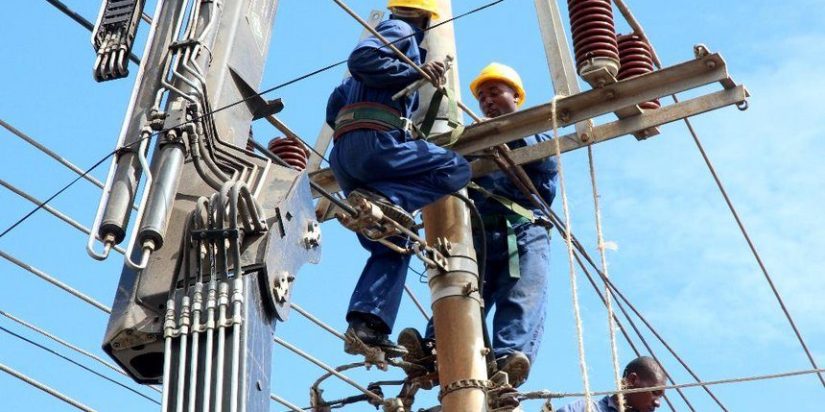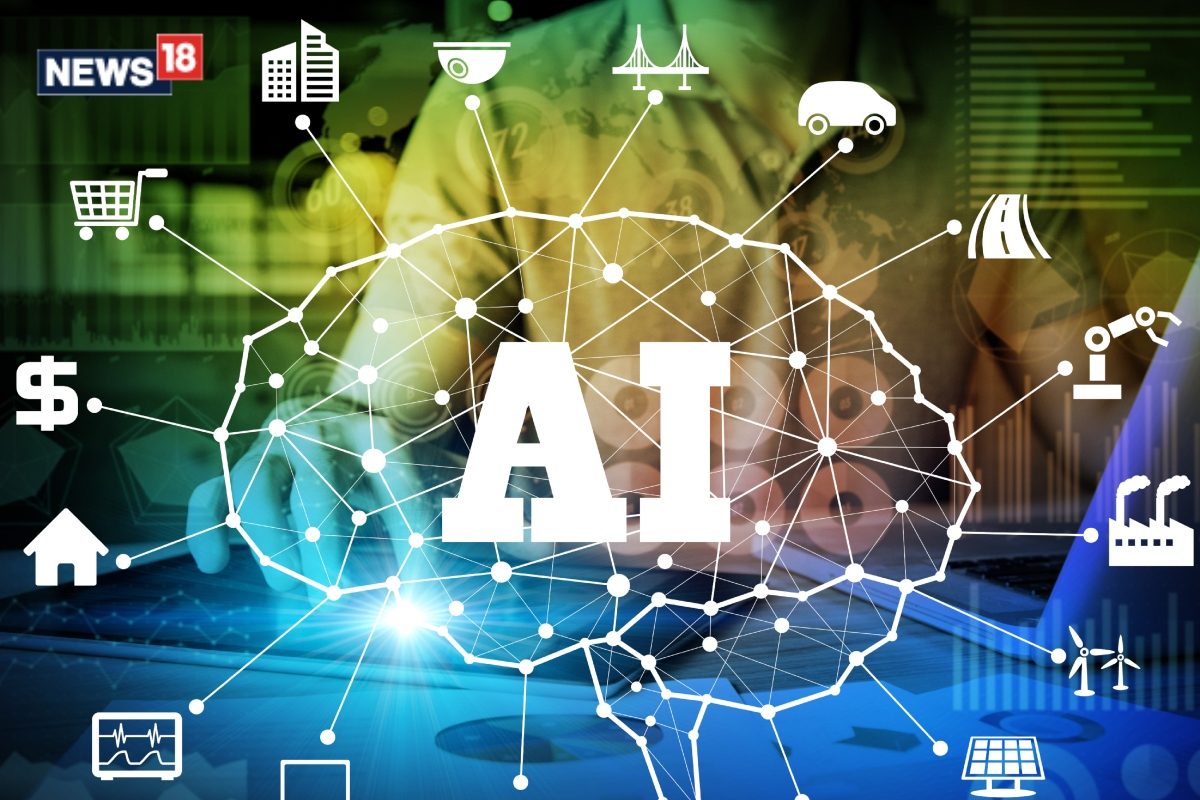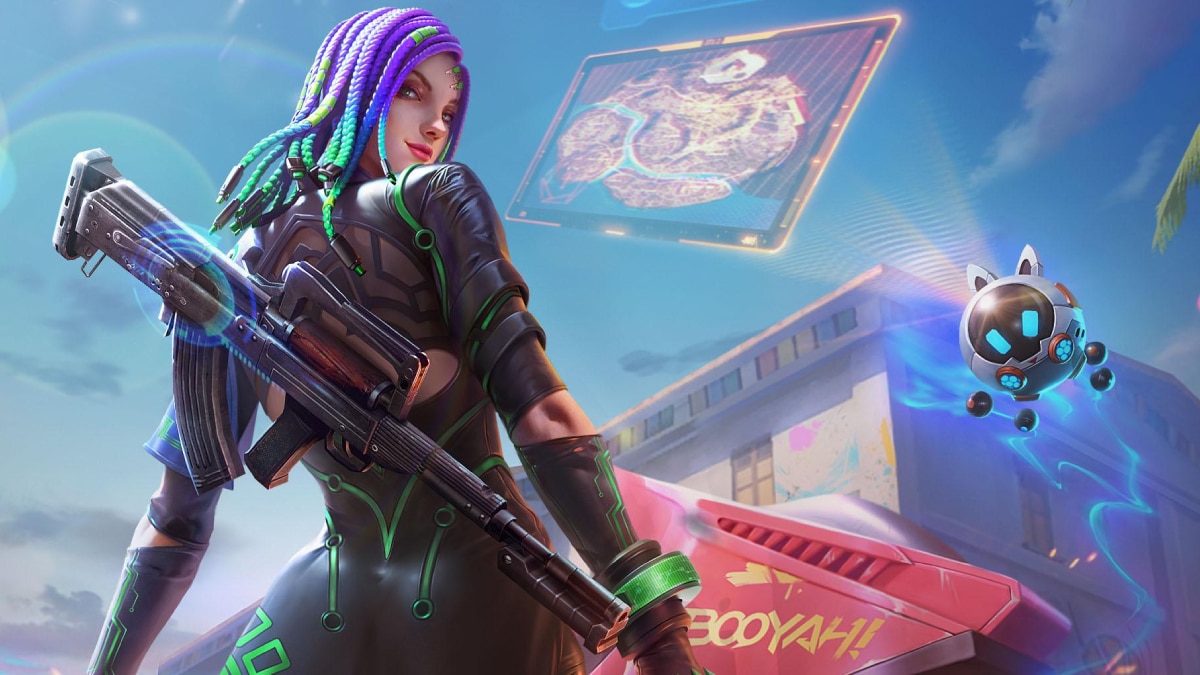
Imposter syndrome — feeling like you don’t deserve your achievements or are not as competent as others think — is not new. However, with the rise of AI, a unique form of imposter syndrome is emerging. Many professionals wonder, “Am I relying too much on AI? Is AI doing the real work, and am I just following along?” If this resonates with you, you're not alone.
Integrating AI into daily tasks can intensify these feelings, even for seasoned experts. But avoiding AI isn’t the answer. Instead, learning to harness AI while recognizing your own unique skills may offer a better way forward.
Imposter Syndrome In The AI Era While imposter syndrome can affect anyone, it tends to surface more frequently in high-pressure professions like healthcare and academia, and individuals from minoritized groups may be more likely to experience it due to racism, social stigmas, and microaggressions, as shown by research from 2020 . Roles that demand high standards often lead to self-doubt, especially in the face of success. Now, as AI becomes more prevalent, professionals across many industries are facing a new wave of uncertainty — feeling like frauds if they rely too heavily on AI tools.
A content writer who uses ChatGTP to speed up the writing process may feel they aren’t producing “original” content, leading to self-doubt about their skills. Or a data scientist might question their value when AI-powered platforms can now perform complex analyses that once required hours of manual effort. Still, their respective expertise remains critical in guiding the tools, interpreting the data, and making informed decisions.
What has shifted is the focus from how to why. In times of AI, questions are becoming more valuable than answers, with critical thinking as a prime talent that we must cherish and curate. Shift Your Perspective: AI As A Tool AI is a tool, much like calculators or software programs used in various professions.
A chef is still a chef when using advanced kitchen gadgets, and an architect is no less an architect when using design software. Similarly, using AI doesn’t diminish your expertise. In fact, mastering AI can enhance your value, enabling you to accomplish tasks more efficiently and expand your capabilities to explore skills and talents that you never felt ready to unfold.
Harnessing AI as an AI to bring out our own best self starts with radical awareness of who we are (not), and based on that candid self-assessment, use AI in complementarity, not as a replacement that we refer to as a way of least effort. The key lies in understanding where to draw the line. It is a slippery slope from experimenting with AI to using it regularly to relying, and finally depending on it.
Only you can decide which tasks to delegate to AI while maintaining your sense of self, a sense of professional integrity, and ownership over your work. Harnessing AI Without Feeling Like A Fraud Here are practical strategies for managing imposter syndrome while working with AI: Final Takeaways: Honing Your Natural Intelligence AI can amplify your productivity, but it’s your natural intelligence — your ability to think critically, to feel and create something that has never been done before — that truly sets you apart. Using the A-Frame , here are four takeaways to build a balanced perspective: By focusing on your natural intelligence and using AI to complement your skills, you can not only overcome imposter syndrome but also thrive in this evolving landscape.
Remember, AI doesn’t diminish our human value — it enhances it when used strategically. The big challenge that we have to tackle now is not how we can do more of the same faster thanks to AI, but to seize our expanding artificial treasure chest to move to the next level, in terms of revealing our untapped potential – and to solve problems, including poverty and war, pollution and diseases that have plagued humanity for too long..














